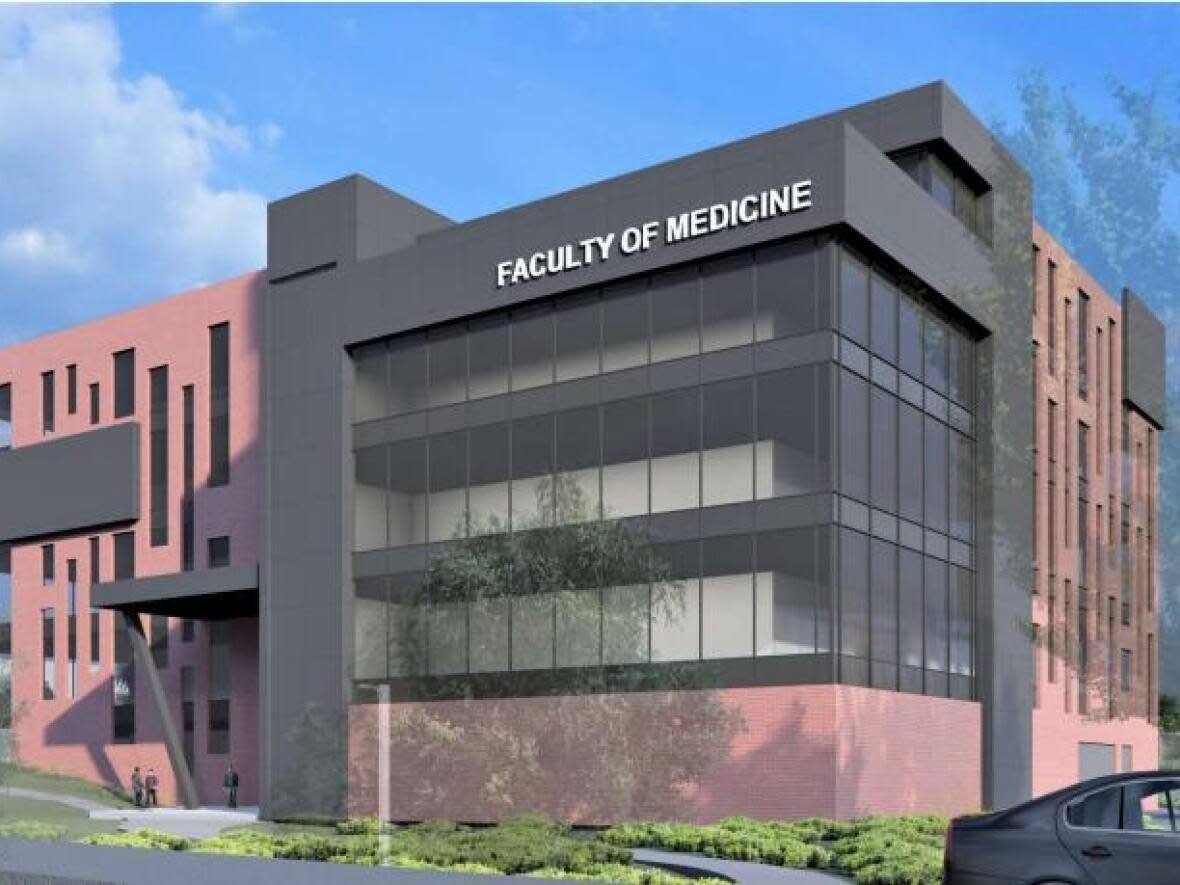Major projects distracting from creating new housing on P.E.I., says construction association

A slowdown in residential development on P.E.I. is due in large part to a number of substantial infrastructure projects announced over the last year, according to the Construction Association of P.E.I.
Housing completions on the Island have been on the decline for the last two years — despite an ongoing housing crisis that's seen vacancy rates drop below one per cent and home prices rise 45 per cent.
Construction Association of P.E.I. general manager Sam Sanderson says the industry is already under strain.
"[The] industry has been running above and beyond its capacity for a number of years now, and looking at some of the larger builds that are coming into play … there's going to be a lot of work on this year — in 2023 and 2024, a lot of very large jobs announced recently."
Sanderson has said that the construction industry needs another 1,500 to 2,000 workers in order to catch up with all the necessary projects. Higher interest rates are also an issue for contractors looking to build.
Sanderson pointed to the new medical school at UPEI, the net-zero centre for climate change in Georgetown, the renovation of the Veterans Affairs headquarters in Charlottetown and the biomanufacturing centre in Charlottetown.
New housing units needed now
The number of residential building permits issued on P.E.I. in recent months is down.
According to figures released by Statistics Canada on Friday, between November and January permits were issued for the creation of just 252 new residential units. That's down 22 per cent from the same months the previous year and 13 per cent from the five-year average.
Building permits, residential units created
Housing Minister Matthew MacKay estimated at the end of January that the province has an immediate need for 1,500 new housing units.
Housing researchers have put that number at closer to 2,000, and continued population growth means more units are needed to keep up with demand.
CBC News wrote to the Department of Housing on Friday asking for comment on the slowdown in the issuing of building permits, and how the government plans to balance these major infrastructure projects with the need for increased residential development. The provincial government has not responded.


